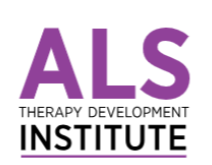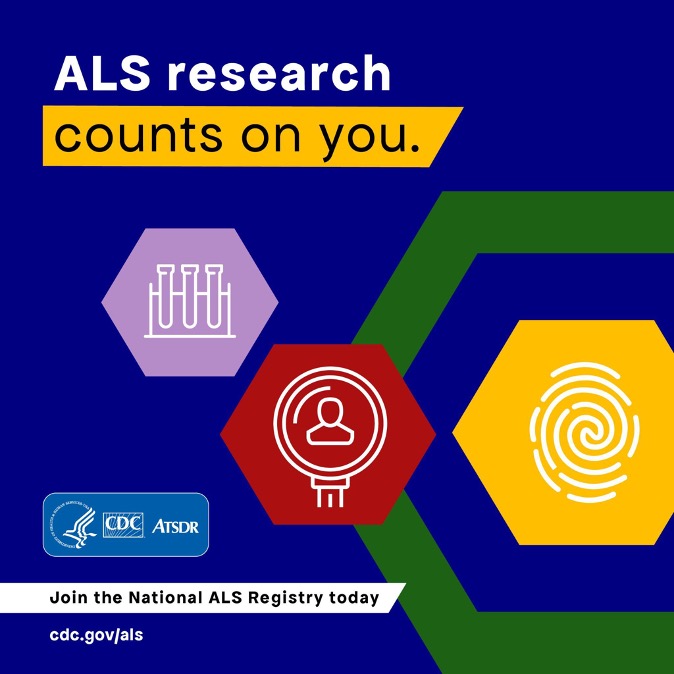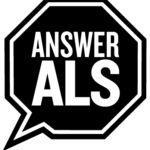Lois Insolia ALS Clinic
Clinical Trials and Studies
Reviewed May 7, 2024
The Lois Insolia ALS Clinic at the Les Turner ALS Center at Northwestern Medicine is actively involved in multi-center drug trials.
Clinical research in ALS at the Les Turner ALS Center at Northwestern Medicine encompasses a broad range of work, including biomarker studies, open label therapeutic studies, natural history studies and clinical trials.
Choosing to participate in a study is an important personal decision. We encourage you to talk with your doctor and family members or friends about deciding to join a study.
Please talk with your physician about the inclusion/exclusion criteria for participation in any trial. To learn more about clinical trials at Lois Insolia ALS Clinic at the Les Turner ALS Center at Northwestern Medicine, please contact Emma Schmidt, Clinical Research Coordinator, emma.schmidt@northwestern.edu or (312) 503-4362.
To make an appointment at the Lois Insolia ALS Clinic, please call 312 695 7950. Patients are seen by appointment only. The clinical nurse coordinator will make your appointment and discuss the schedule of your visit.
Enrolling ALS Clinical Trials
Enrolling Studies: Clinical Research to Understand ALS and PLS
Expanded Access Program
Enrollment Completed
Share this Page
Additional Resources
Learn more about ALS Clinical Research, view educational webinars and how to participate in the Clinical Research Learning Institute (CRLI).
We are a partner in Answer ALS, a large research study building the most comprehensive clinical, genetic, molecular and biochemical assessment of ALS, and openly sharing the results with the global research community

The ALS Trial Navigator (ALS.net/ALS-Trial-Navigator) is a comprehensive resource that helps people living with ALS, find and participate in clinical trials for ALS. After answering a few questions, you can learn about research opportunities, set personal priorities, and find trials that meet your criteria. The Navigator also has an interactive map to help you find trials in your area.
ALSUntangled provides scientific reviews of alternative or off-label treatments to help people living with ALS make more informed decisions. Explore treatment reviews, questions and answers, podcast episodes, and more at ALSUntangled.com.
ClinicalTrials.gov is a place to learn about clinical studies from around the world.







